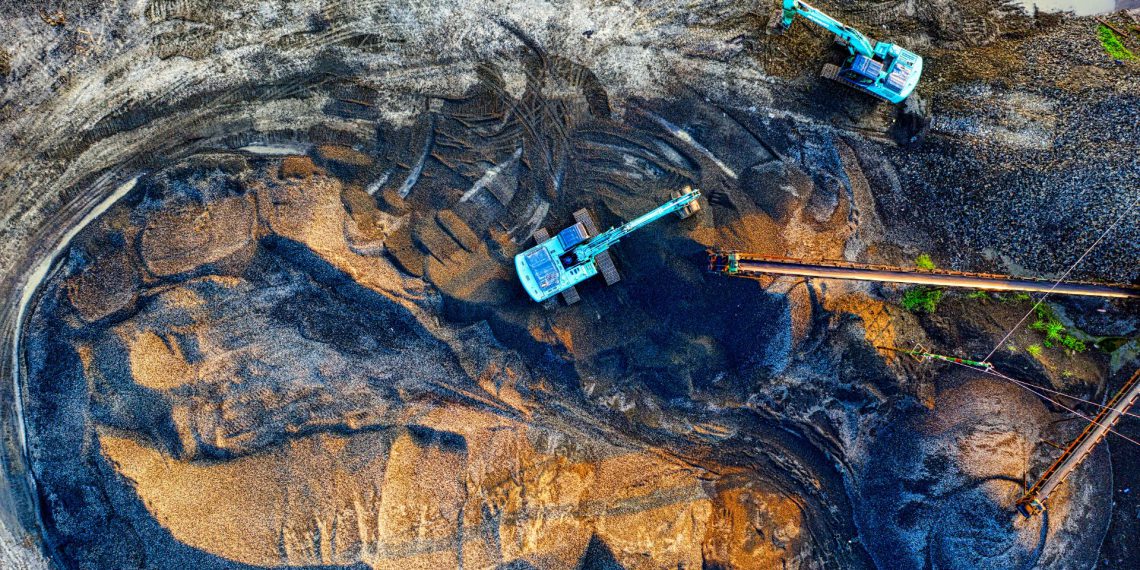A proposed export ban on raw ores in the Philippines has sparked debate, with supporters highlighting its potential to enhance mineral processing capacity and critics warning of job losses and industry disruption.
In a Business World report, Senator Joseph Victor “JV” G. Ejercito defended the ban, part of a Senate-approved priority bill seeking to rationalize the mining fiscal regime, saying it would compel mining firms to establish local processing plants.
The House of Representatives had earlier approved its version of the bill, which requires large-scale miners inside mineral reservations to pay a 4% royalty on gross output, while the Senate version proposes 5%. Both versions also establish windfall profit tax systems ranging from 1% to 10%.
Ejercito added that the idea is to have finished products here rather than just exporting raw materials, saying that local processing would generate employment and increase government revenue.
The senator emphasized that the ban, alongside incentives for plant construction, could position the Philippines as a major player in global mineral processing.
However, he stressed the need for stable and affordable energy to support the mining industry’s transition to local processing.
The mining fiscal reform bill, Senate Bill No. 2826, was approved on second reading on Monday. It proposes a five-tier margin-based royalty and windfall profit tax system expected to increase the government’s share in mining revenues.
He also noted that the policy takes inspiration from Indonesia’s mining sector, which implemented a similar approach to encourage domestic industrialization.
Ejercito acknowledged concerns raised by the Chamber of Mines of the Philippines (COMP) over the five-year timeline for setting up processing plants, hinting at possible adjustments during bicameral deliberations.
Meanwhile, the COMP urged lawmakers to scrap the export ban, warning that hundreds of thousands of Filipino workers could lose their jobs due to potential mine closures.
It said mining companies might be unable to complete plant construction within the set timeframe, disrupting mineral trading activities.
The Department of Finance expects the revised mining tax regime to generate an additional Php 6.26 billion in annual revenue.
The proposed ban signals a push for industrial development, but its success hinges on balancing job protection and the capacity to build a competitive mineral processing sector. For more updates on this crucial legislative development, engage in discussions at AngMinero.














